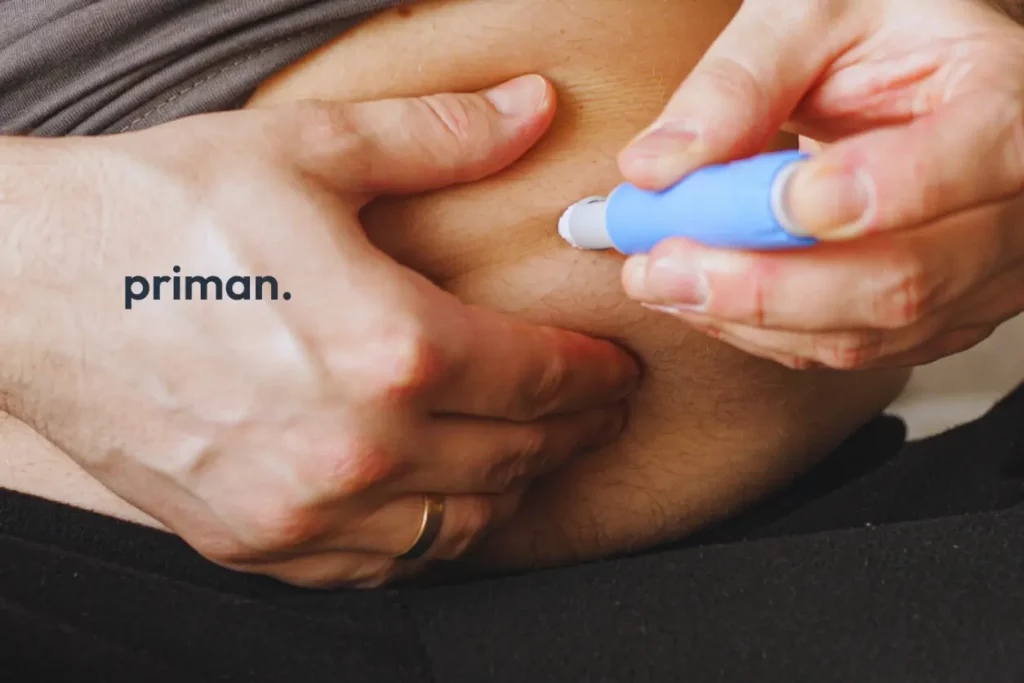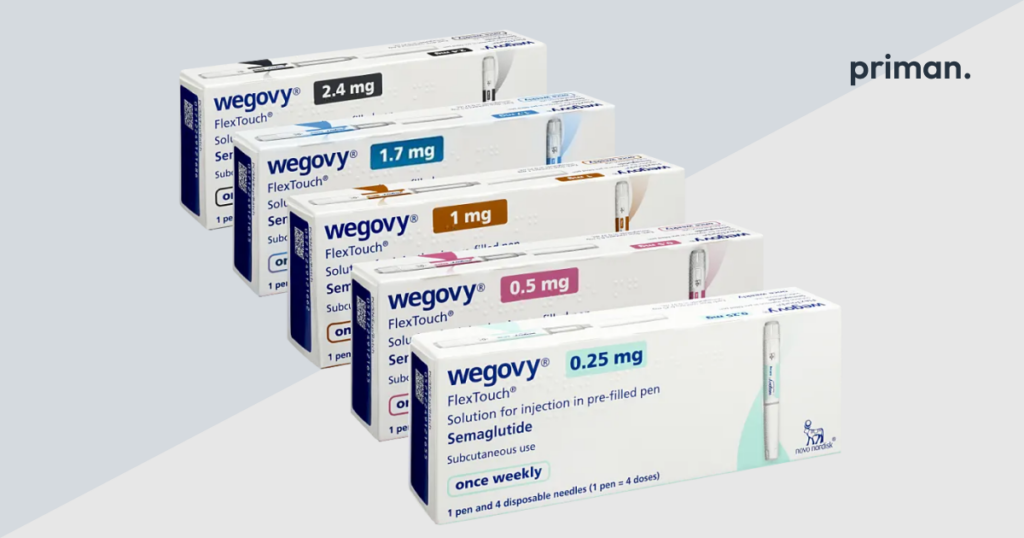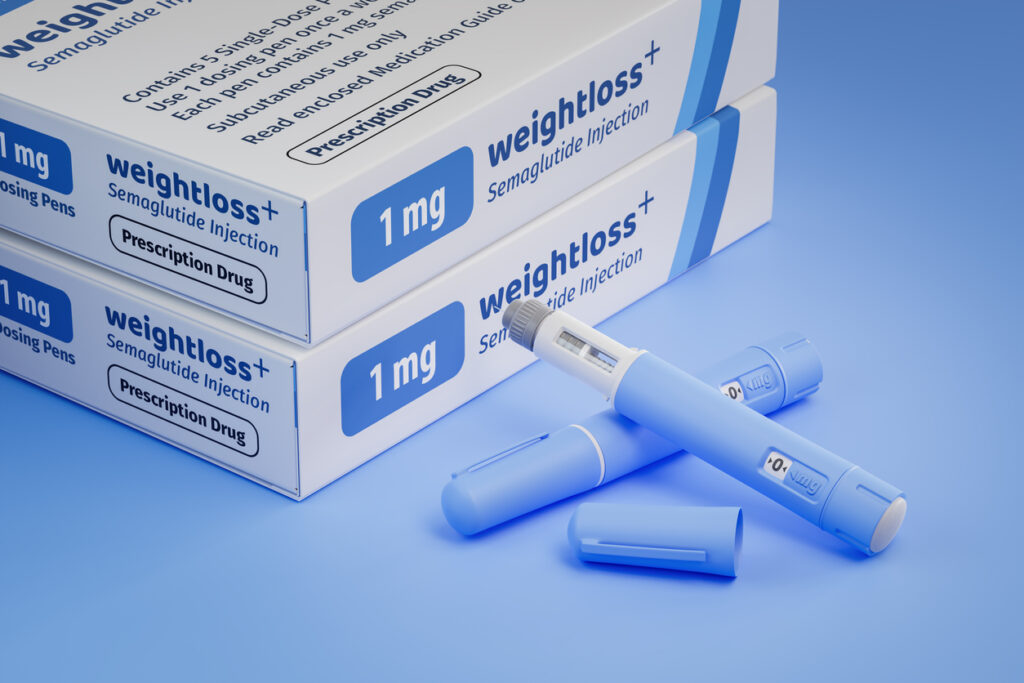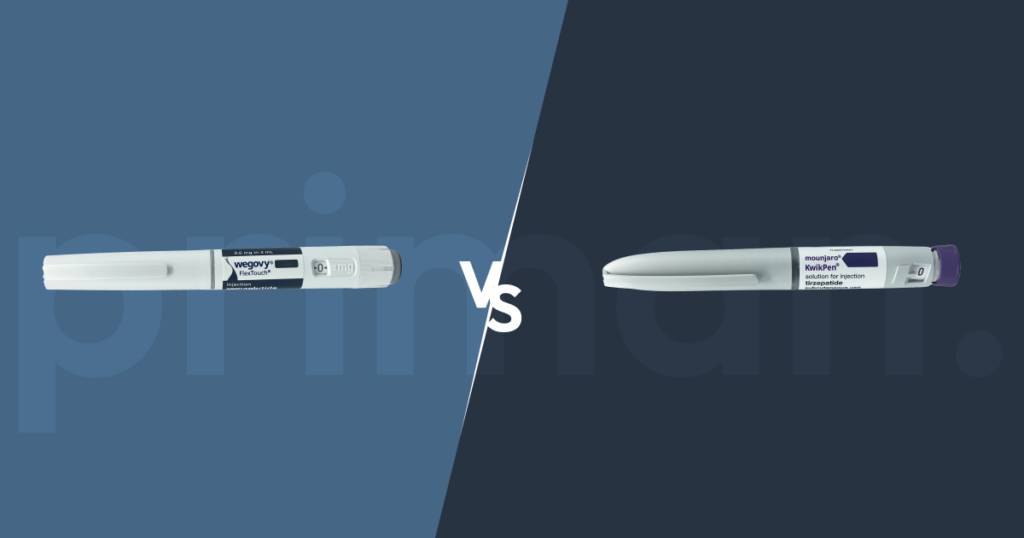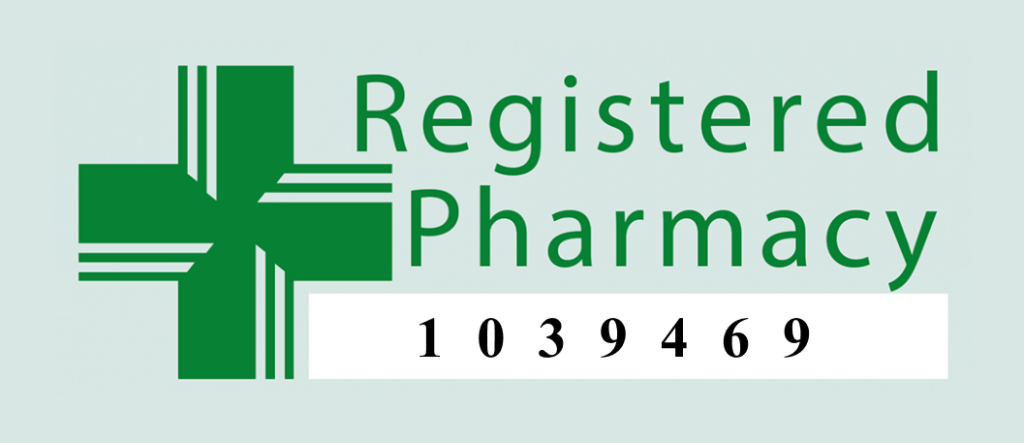Testosterone, a vital male hormone, plays a significant role in various bodily functions. As men age, their testosterone levels naturally decline. When this decline becomes substantial and leads to noticeable symptoms, TRT may be considered. This blog we’ll delve into the pros and cons of TRT, helping you understand if it’s the right choice for you.
Understanding TRT
Testosterone is a vital hormone that plays a crucial role in various bodily functions, including muscle development, bone density, and mood regulation. When testosterone levels naturally decline with age, some men may experience symptoms like fatigue, low libido, decreased muscle mass, and mood swings.
Testosterone Replacement Therapy (TRT) is a treatment option for men with low testosterone levels, this involves replacing low levels of testosterone in men with synthetic testosterone. The therapy is often considered for men who experience symptoms associated with low testosterone, also known as hypogonadism.
Pros of TRT
- Improved energy and vitality:
Many men report increased energy levels, better sleep quality, and a reduction in fatigue after starting TRT.
- Enhanced muscle mass and strength:
TRT can help build muscle mass and increase strength, which is particularly beneficial for those seeking to improve their physical fitness.
- Boosted libido and sexual function:
Low testosterone levels often contribute to decreased libido and sexual dysfunction. TRT can help improve these aspects of sexual health.
- Mood stabilisation:
Some men with low testosterone levels experience mood swings or depression. TRT may help alleviate these symptoms.
- Increased bone density:
Testosterone plays a role in bone health. TRT can help improve bone density, reducing the risk of osteoporosis.
Cons of TRT
- Side effects:
Like any treatment, TRT can have side effects. These may include acne, enlarged prostate, increased risk of blood clots, and potential negative impacts on cardiovascular health.
- Potential for overdose:
Overusing testosterone can lead to adverse health effects. It’s essential to follow your clinician’s instructions carefully and undergo regular monitoring.
- Affects fertility:
High testosterone levels can sometimes lead to infertility. This is because elevated testosterone can reduce the production of follicle-stimulating hormone (FSH), which is essential for sperm production. However, modern TRT treatments have largely addressed this issue.
- Hair loss:
Testosterone can convert into dihydrotestosterone (DHT), a hormone linked to hair loss in some men. If you are genetically predisposed to hair loss, TRT may accelerate this process.
- Cost:
TRT can be an expensive treatment. The cost is influenced by factors such as regular monitoring, prescription medications, and healthcare professional fees.
When to Consider TRT?
If you are experiencing symptoms of low testosterone, such as fatigue, decreased libido, or erectile dysfunction, it’s important to consult with a healthcare professional. They can assess your hormone levels and determine if TRT is appropriate for you.
Key Takeaway
TRT can be a beneficial treatment for men with low testosterone levels. However, it’s crucial to weigh the potential benefits against the risks and side effects. Before starting TRT, have a thorough discussion with your healthcare professional to ensure that it is the right choice for you.
References
Bassil, N., Alkaade, S. and Morley, J. E. (2009) “The benefits and risks of testosterone replacement therapy: a review,” Therapeutics and clinical risk management, 5(3), pp. 427–448. doi: 10.2147/tcrm.s3025.
Ellis, P. (2024) The truth about TRT and male pattern baldness, according to a urologist, Men’s Health. Available at: https://www.menshealth.com/health/a60370281/hair-loss-testosterone-replacement-therapy-connection-urologist-explains/
Nam, Y. S. et al. (2018) “Testosterone replacement, muscle strength, and physical function,” The world journal of men’s health, 36(2), pp. 110–122. doi: 10.5534/wjmh.182001.
Rizk, P. J. et al. (2017) “Testosterone therapy improves erectile function and libido in hypogonadal men,” Current opinion in urology, 27(6), pp. 511–515. doi: 10.1097/MOU.0000000000000442.
Song, S.-H. et al. (2019) “Misuse of testosterone replacement therapy in men in infertile couples and its influence on infertility treatment,” Clinical and experimental reproductive medicine, 46(4), pp. 173–177. doi: 10.5653/cerm.2019.00290.
Stanworth, R. D. and Jones, T. H. (2008) “Testosterone for the aging male; current evidence and recommended practice,” Clinical interventions in aging, 3(1), pp. 25–44. doi: 10.2147/cia.s190.





